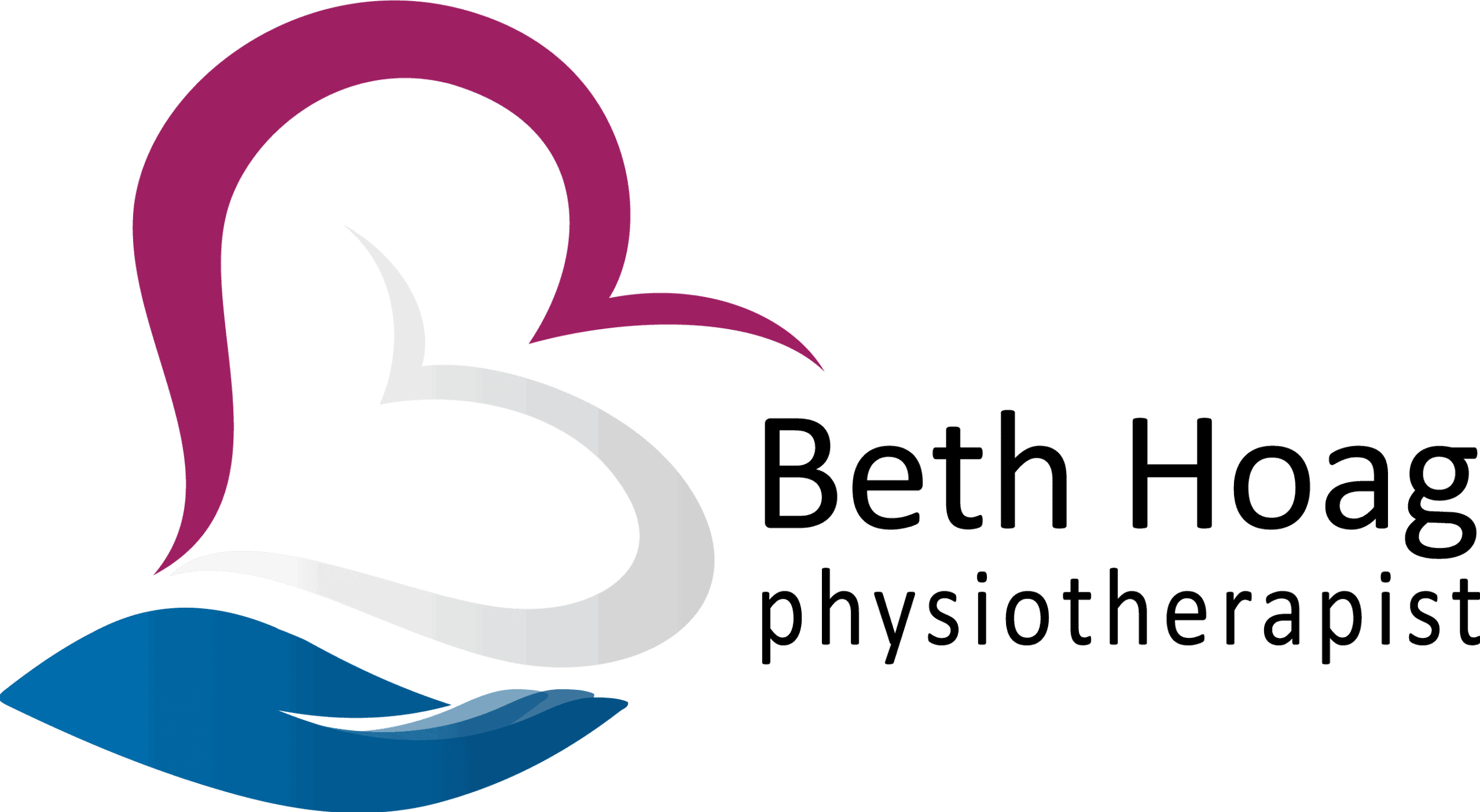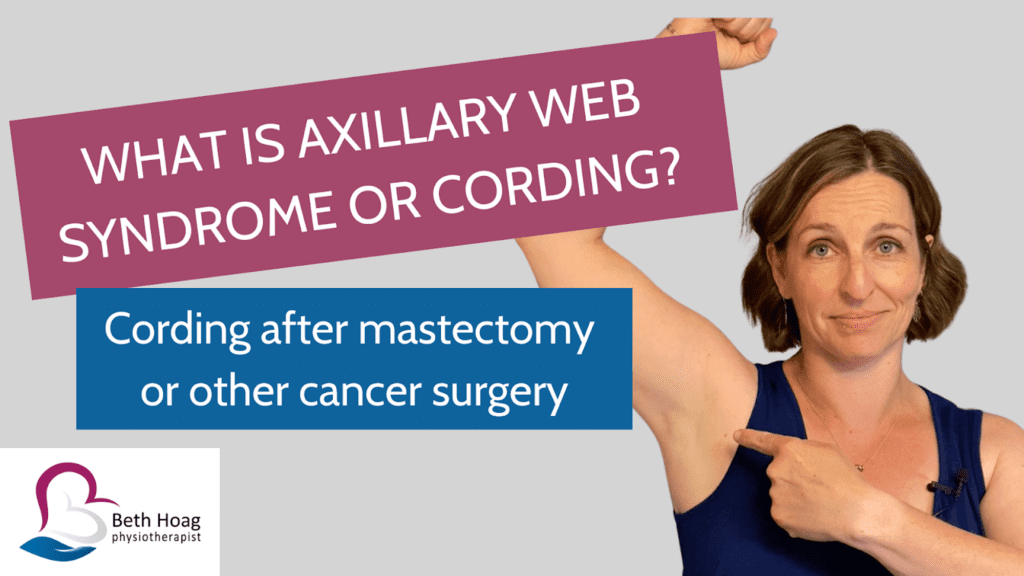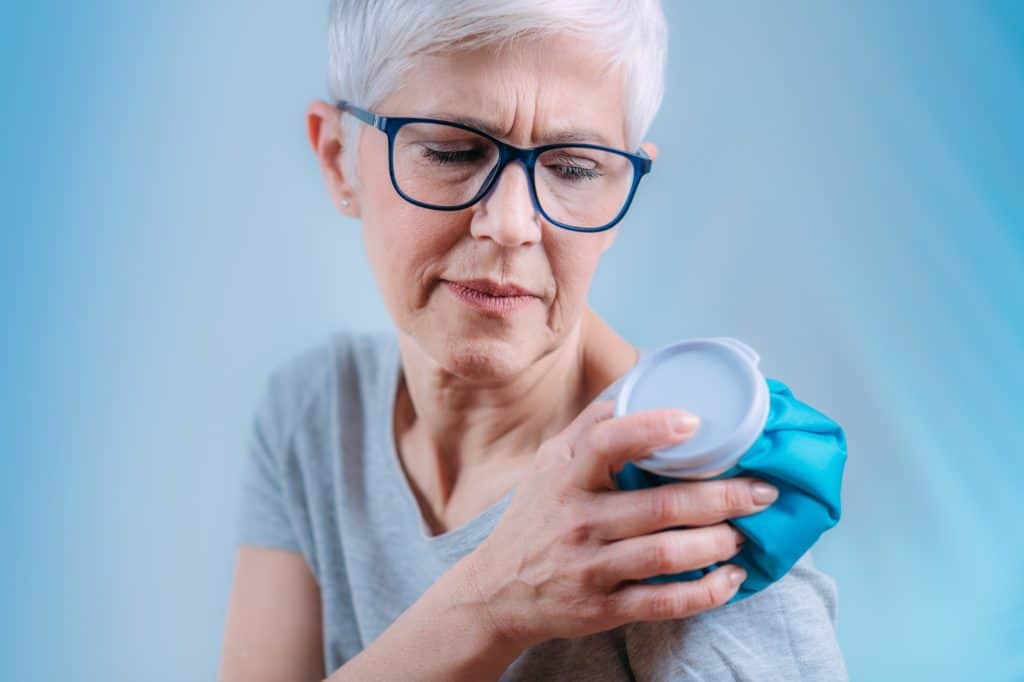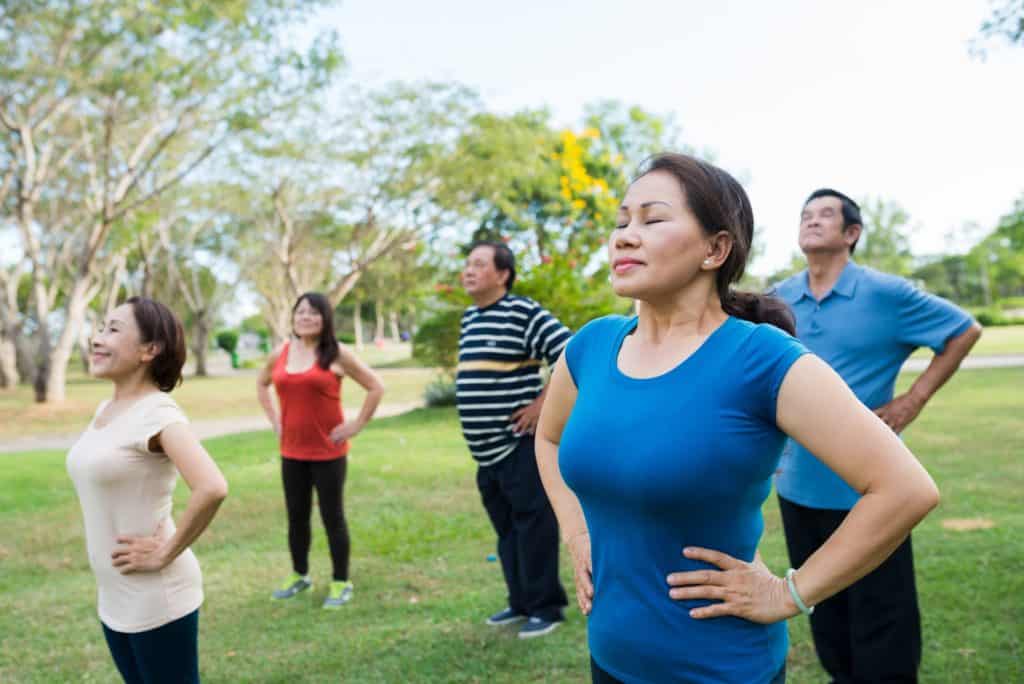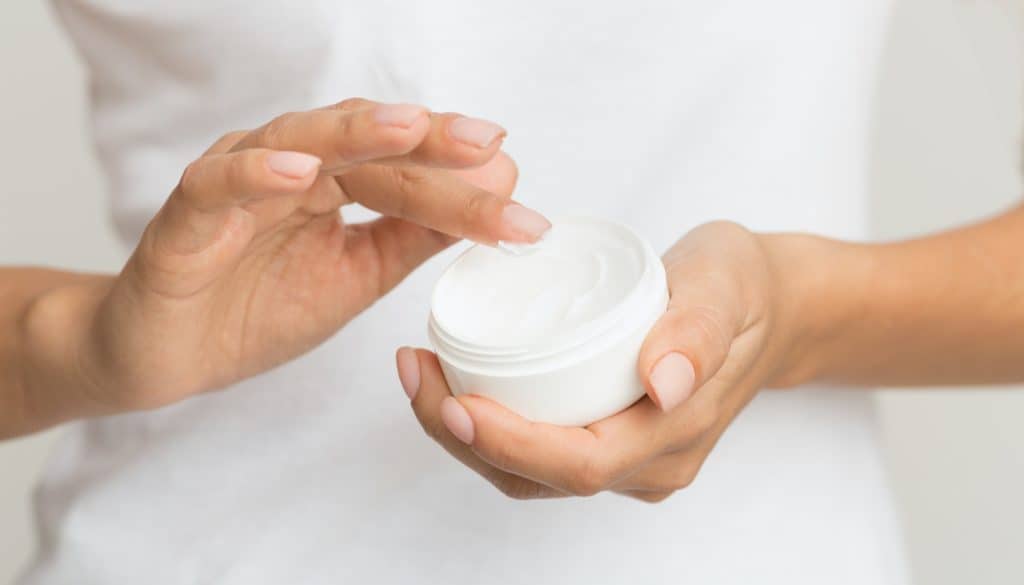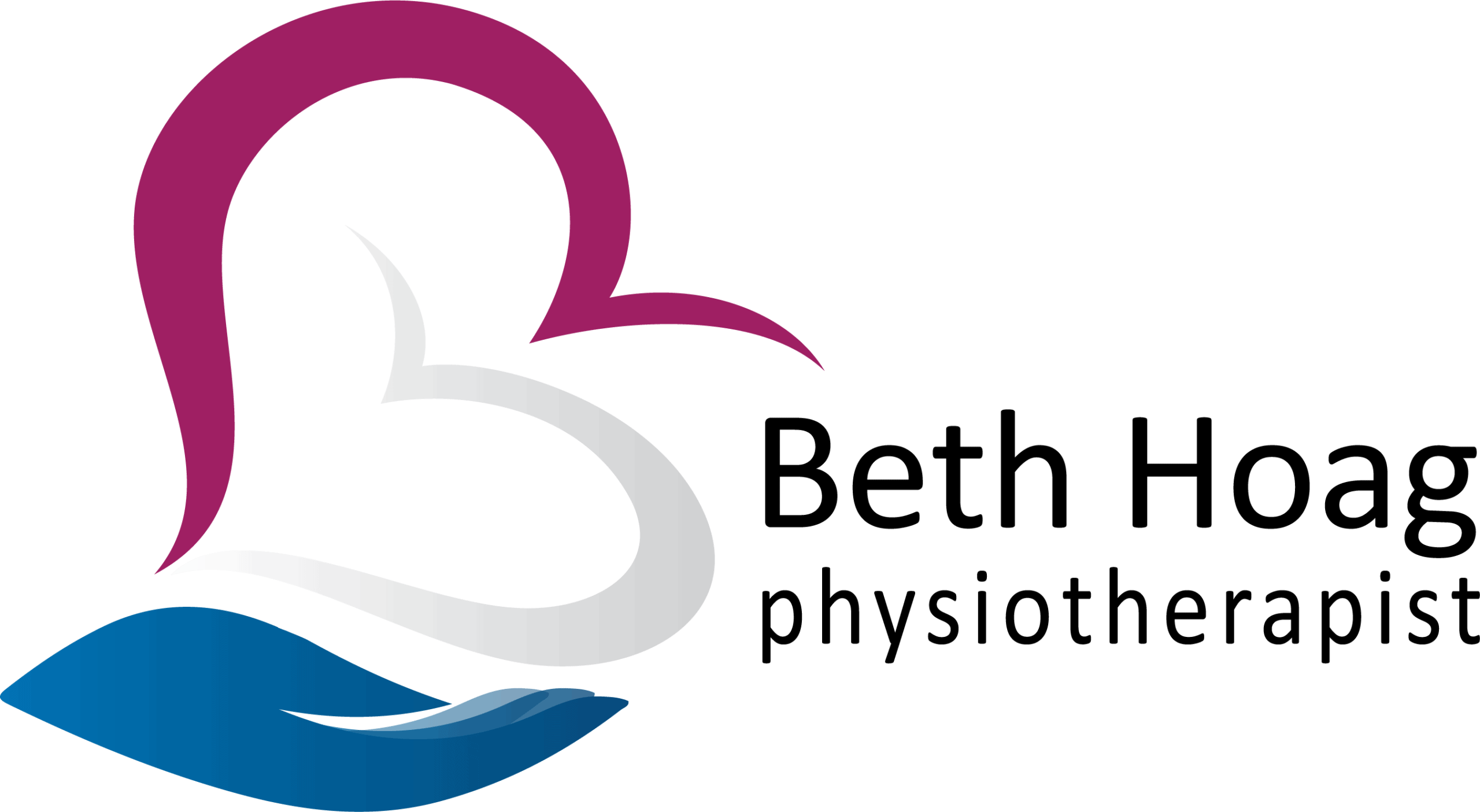
It is my firm belief that knowledge is power.
Every day, I see clients with fear and anxiety, and so much of it is fuelled by the unknown. If you are armed with accurate knowledge and information about your body, then you can begin to “control your controllables” and take back some of the power that fear and anxiety are holding hostage.
The purpose of my blogs is to help empower you and your loved ones through knowledge and insight. You deserve to live life to the fullest during and after cancer treatment and I hope this information helps you along your way.
May you be well. May you be happy. May you be healthy.
Recent Posts
What is Axillary Web Syndrome or Cording?
Understand the symptoms and causes of Axillary Web Syndrome or Cording after Breast Cancer Surgery. Learn about online treatment options available from Beth Hoag, Cancer Rehabilitation Physiotherapist.
Read MoreRadiation-Induced Fibrosis : “The Gift That Keeps on Giving”
Radiation therapy is an important and common component of cancer treatment. However, unlike chemotherapy, the side-effects of radiation therapy are frequently not immediate. This leads many to believe that radiation therapy is “no big deal”, which often couldn’t be farther from the truth.
Read MoreAre you at Risk of Frozen Shoulder After Cancer?
An important part of recovering from an upper body cancer surgery (e.g. breast cancer, melanoma, sarcoma) includes doing specific exercises to regain shoulder and neck mobility. However, for some, this becomes complicated by the development of frozen shoulder (also called adhesive capsulitis.)
Read MoreHow to Manage Constipation During Cancer Treatment
Constipation is a common side effect of cancer treatment, and it can have a significant impact on your quality of life. In fact, 43% - 58% of individuals going through cancer treatment experience constipation (1).
Read MoreThe Best Way to Get Out of Bed with Less Pain After Cancer Surgery
Recovering from cancer surgery involves a good amount of rest and targeted exercise to regain movement of the surgical area. Many people are focused on the “best exercises” to do after surgery (which is important) but take for granted the importance of everyday activities. Cancer surgery recovery is not just...
Read More5 Ways Deep Breathing Can Help You During & After Cancer Treatment
Breathing is something that most of us take for granted. It’s something that our bodies do for us “automatically,” yet many of us are not breathing optimally. We hold our breath… we breathe shallowly and/or rapidly… we are hiking our shoulders… and the list goes on.
Read MoreHow Your Body Heals After Cancer Surgery
As much as we want to “speed things up” and recover faster after cancer surgery, your body has its own timeline for healing. Although some people claim they are “fast healers” the reality is that your body’s physiology is really in charge of this pace; no one can “skip over”...
Read MoreHow you can use Lubricants and Moisturizers to Improve Vaginal Dryness After Cancer Treatment
Dryness.. itching… burning… irritation… pain… “Down There!”
Read MoreWhat You Need to Know About Shoulder Function After a Neck Dissection
In 2021, approximately 6% of all new cancer cases in Canada affected the head and neck (i.e. cancers of the larynx, throat, lips, mouth, nose, salivary glands and thyroid.) (1) Surgery is often the first form of treatment for these cancers, and like any cancer treatment, there are potentially long-lasting...
Read More5 Normal Symptoms to Expect After Cancer Surgery
It can be confusing and overwhelming to know what to expect in the early days after cancer surgery. However, understanding what to expect can be a very helpful way to prepare (physically, mentally and emotionally) and set you up for a better post-surgery recovery. In this blog, we are going...
Read MoreHow to get Better Sleep During Cancer Treatment
A good night’s sleep is essential for our health, yet nearly one third of us are not getting enough sleep every night (1). For individuals going through cancer treatment, this problem can be even worse; between 30% - 88% report having sleep disturbances (2). In this blog, we are going...
Read MoreManaging Lymphedema Through Movement
In cancer rehabilitation, movement really is medicine… and this also applies to lymphedema management (and risk reduction). I frequently speak with people who believe that “lymphatic massage” is the cornerstone to lymphedema management. However, this in only a piece of the much larger puzzle. In this blog, we are going...
Read MoreThe Link Between Cancer Treatment & Heart Problems
Heart Disease is the leading cause of death for men and women in the United States and the 2nd leading cause of death in Canada (1, 2). However, the Canadian Heart & Stroke Foundation says that “almost 80% of premature heart disease and stroke can be prevented through healthy behaviours”...
Read More5 Ways to Prepare for your Cancer Surgery
Being diagnosed with cancer can be an overwhelming and extremely stressful time. There are so many emotions to be processed, a lot of new information to take in, appointments to attend and decisions to be made (often fairly quickly if surgery is the first step in your cancer treatment.)
Read MoreMovement is Medicine Part 3: Move YourSELF & Self-Care
While most of us will associate “Movement is Medicine” with exercise, I believe we need to think about movement more broadly. In addition to exercise, there are other forms of “movement” that are important for living well both during and after cancer treatment. In this 3-part blog series, we are...
Read More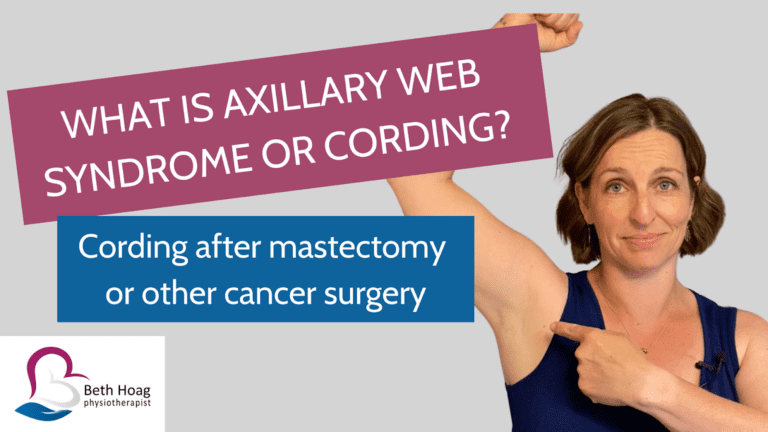
What is Axillary Web Syndrome or Cording?
Understand the symptoms and causes of Axillary Web Syndrome or Cording after Breast Cancer Surgery. Learn about online treatment options available from Beth Hoag, Cancer Rehabilitation Physiotherapist.

Radiation-Induced Fibrosis : “The Gift That Keeps on Giving”
Radiation therapy is an important and common component of cancer treatment. However, unlike chemotherapy, the side-effects of radiation therapy are frequently not immediate. This leads many to believe that radiation therapy is “no big deal”, which often couldn’t be farther from the truth.
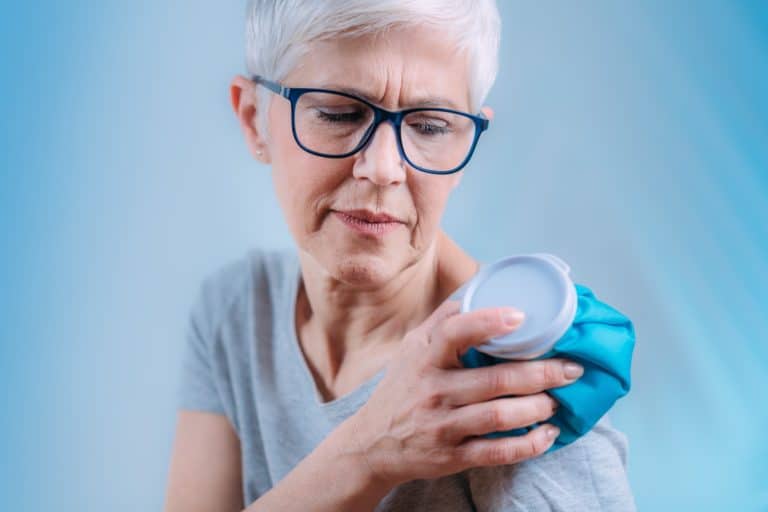
Are you at Risk of Frozen Shoulder After Cancer?
An important part of recovering from an upper body cancer surgery (e.g. breast cancer,
melanoma, sarcoma) includes doing specific exercises to regain shoulder and neck mobility.
However, for some, this becomes complicated by the development of frozen shoulder (also
called adhesive capsulitis.)

How to Manage Constipation During Cancer Treatment
Constipation is a common side effect of cancer treatment, and it can have a significant impact on your quality of life. In fact, 43% – 58% of individuals going through cancer treatment experience constipation (1).
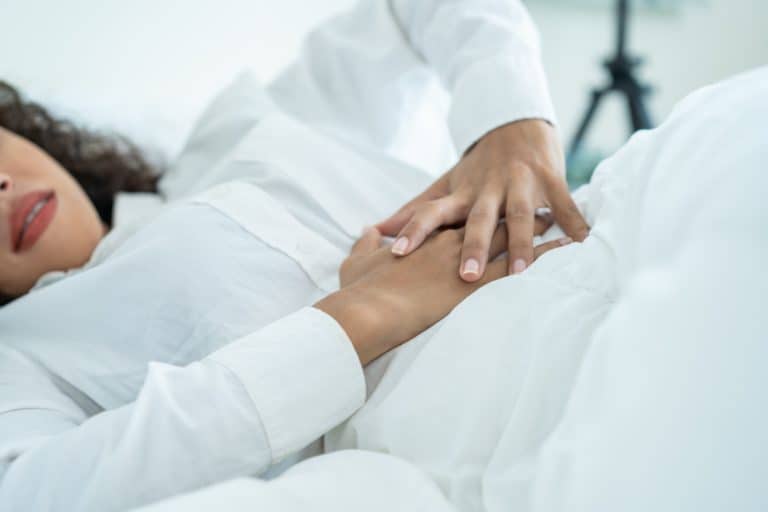
The Best Way to Get Out of Bed with Less Pain After Cancer Surgery
Recovering from cancer surgery involves a good amount of rest and targeted exercise to regain movement of the surgical area. Many people are focused on the “best exercises” to do after surgery (which is important) but take for granted the importance of everyday activities. Cancer surgery recovery is not just about WHAT to do, but also HOW to do it.
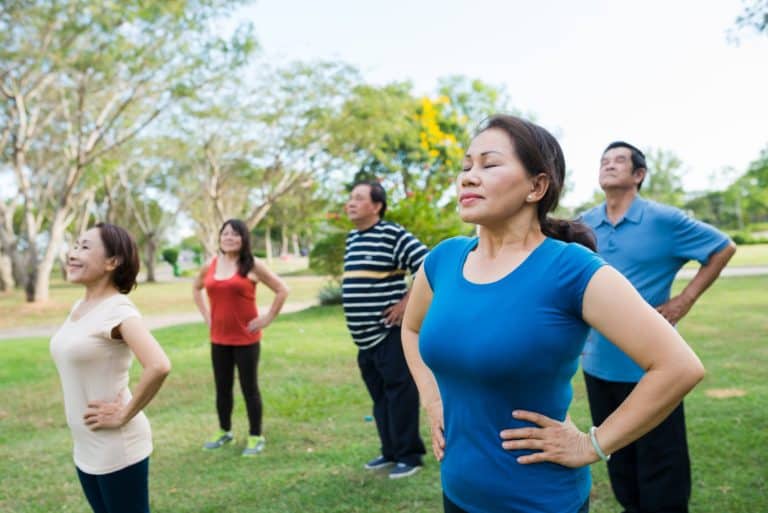
5 Ways Deep Breathing Can Help You During & After Cancer Treatment
Breathing is something that most of us take for granted. It’s something that our bodies do for us “automatically,” yet many of us are not breathing optimally. We hold our breath… we breathe shallowly and/or rapidly… we are hiking our shoulders… and the list goes on.

How Your Body Heals After Cancer Surgery
As much as we want to “speed things up” and recover faster after cancer surgery, your body has its own timeline for healing. Although some people claim they are “fast healers” the reality is that your body’s physiology is really in charge of this pace; no one can “skip over” the relatively predictable healing process.
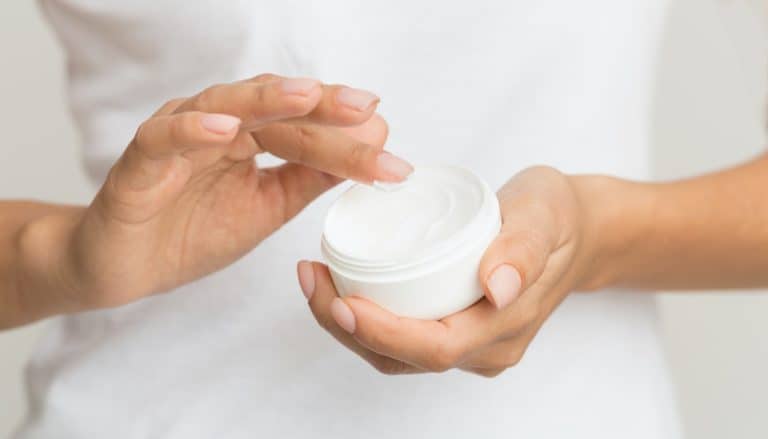
How you can use Lubricants and Moisturizers to Improve Vaginal Dryness After Cancer Treatment
Dryness.. itching… burning… irritation… pain… “Down There!”

What You Need to Know About Shoulder Function After a Neck Dissection
In 2021, approximately 6% of all new cancer cases in Canada affected the head and neck (i.e. cancers of the larynx, throat, lips, mouth, nose, salivary glands and thyroid.) (1) Surgery is often the first form of treatment for these cancers, and like any cancer treatment, there are potentially long-lasting impacts of these surgeries.
This blog explores one of the most common “side effects” of neck dissections: impact to the spinal accessory nerve (which then impacts shoulder function.) (2)

5 Normal Symptoms to Expect After Cancer Surgery
It can be confusing and overwhelming to know what to expect in the early days after cancer surgery. However, understanding what to expect can be a very helpful way to prepare (physically, mentally and emotionally) and set you up for a better post-surgery recovery.
In this blog, we are going to explore the link between sleep and health, how cancer treatment impacts sleep, and steps you can take to get a better night’s sleep.

How to get Better Sleep During Cancer Treatment
A good night’s sleep is essential for our health, yet nearly one third of us are not getting enough sleep every night (1). For individuals going through cancer treatment, this problem can be even worse; between 30% – 88% report having sleep disturbances (2).
In this blog, we are going to explore the link between sleep and health, how cancer treatment impacts sleep, and steps you can take to get a better night’s sleep.

Managing Lymphedema Through Movement
In cancer rehabilitation, movement really is medicine… and this also applies to lymphedema management (and risk reduction). I frequently speak with people who believe that “lymphatic massage” is the cornerstone to lymphedema management. However, this in only a piece of the much larger puzzle.
In this blog, we are going to explore the relatively ignored link between the myofascial system and lymphatic health.

The Link Between Cancer Treatment & Heart Problems
Heart Disease is the leading cause of death for men and women in the United States and the 2nd leading cause of death in Canada (1, 2). However, the Canadian Heart & Stroke Foundation says that “almost 80% of premature heart disease and stroke can be prevented through healthy behaviours” (3). That means that understanding your individual risk factors and how you can reduce your risk through lifestyle choices is really important for everyone.
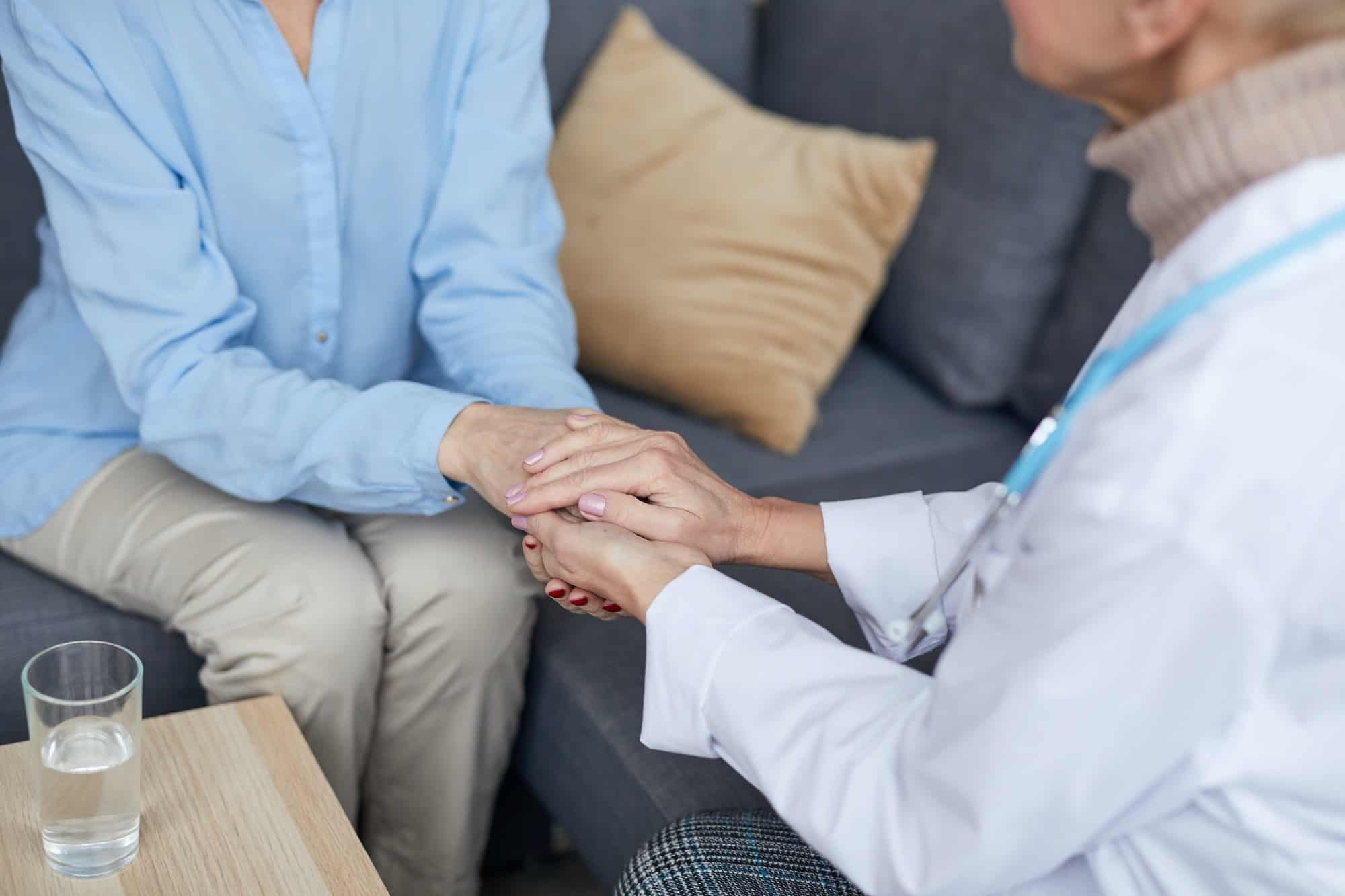
5 Ways to Prepare for your Cancer Surgery
Being diagnosed with cancer can be an overwhelming and extremely stressful time. There are so many emotions to be processed, a lot of new information to take in, appointments to attend and decisions to be made (often fairly quickly if surgery is the first step in your cancer treatment.)

Movement is Medicine Part 3: Move YourSELF & Self-Care
While most of us will associate “Movement is Medicine” with exercise, I believe we need to think about movement more broadly. In addition to exercise, there are other forms of “movement” that are important for living well both during and after cancer treatment. In this 3-part blog series, we are exploring these different forms of movement.

Movement is Medicine Part 2: Move your Mind (How Mindfulness Can Help During and After Cancer Treatment)
While most of us will associate exercise with “Movement is Medicine”, I believe we need to think about movement more broadly. In addition to exercise, there are other forms of “movement” that are important for living well both during and after cancer treatment. In this 3-part blog series, we are exploring these different forms of movement.
If so, you are not alone…

Brain Fog: What It Is and What You Can Do About It
Do you find yourself being more forgetful since your cancer treatment; forgetting people’s names, important dates or even what you went into that room to get in the first place? Or maybe you’re struggling to focus on a conversation or a recipe you’re following. Maybe it’s taking you longer to process the directions to that restaurant. Or maybe you’re struggling to find the “right” word to say something in a conversation.
If so, you are not alone…

Movement is Medicine Part 1: Move Your Body (How to, and why it’s helpful to exercise during and after cancer)
I’m sure it’s nothing new to hear that we should all be exercising.
However, during and after cancer treatment, it can be really difficult for some to get and stay active. Fatigue, nausea, depression, anxiety, pain, and lymphedema are some of the very real side effects that people going through (or recovering from) cancer treatment live with each and every day. In addition to these treatment side-effects, changing a behaviour can be really difficult.

Breast Cancer Awareness Month: Let’s Talk About Quality of Life
Every year I struggle to know what to write about during the month of October, a month commonly known as “Breast Cancer Awareness Month.”

Pelvic Health after Gynecological Cancer
September is Gynecological Cancer Awareness Month.

Breast Cancer and Pelvic Health: “The Silent Problem”
When was the last time someone from your medical team asked you about your pelvic health? Or when was the last time you mentioned a pelvic health concern to your medical team? If you did bring it up, what was their response? If you didn’t bring it up, why did you make that decision?

5 Tips for Forest Bathing
This summer, I have spent a significant amount of time up at a family member’s cottage… I call it “my ultimate happy place.” I have repeatedly experienced the progressive sense of relaxation while being up there.
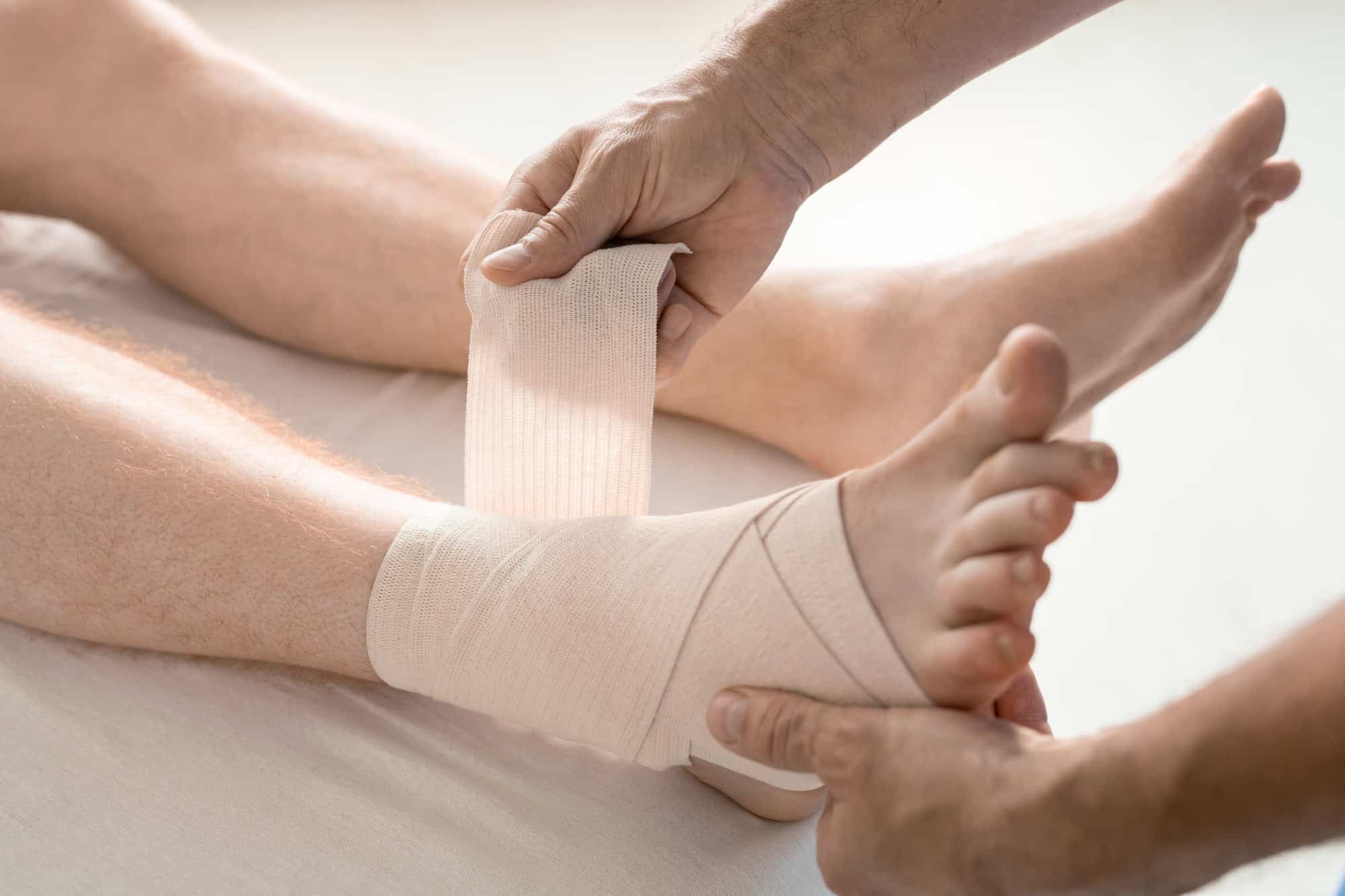
Lymphedema After Cancer Part 4: Lymphedema Stages – Early Detection is Important
This 4-part blog series on lymphedema is designed to provide you with accurate knowledge about the lymphatic system and lymphedema. By the end of this series, you will be one step closer to knowing how to reduce your risk of developing lymphedema and how to detect it early.

The Power of Pacing
Overdoing it, we’ve all done it. Pushed ourselves “just a little longer” to get that last bit of cleaning in, even when we’re exhausted. Gotten caught up in the joy of gardening (or insert your favourite past-time here) only to realize you’ve been out there for 4+ hours. Picked up the rake to gather “just a few” leaves as you’ve lost patience waiting for someone else to do it.
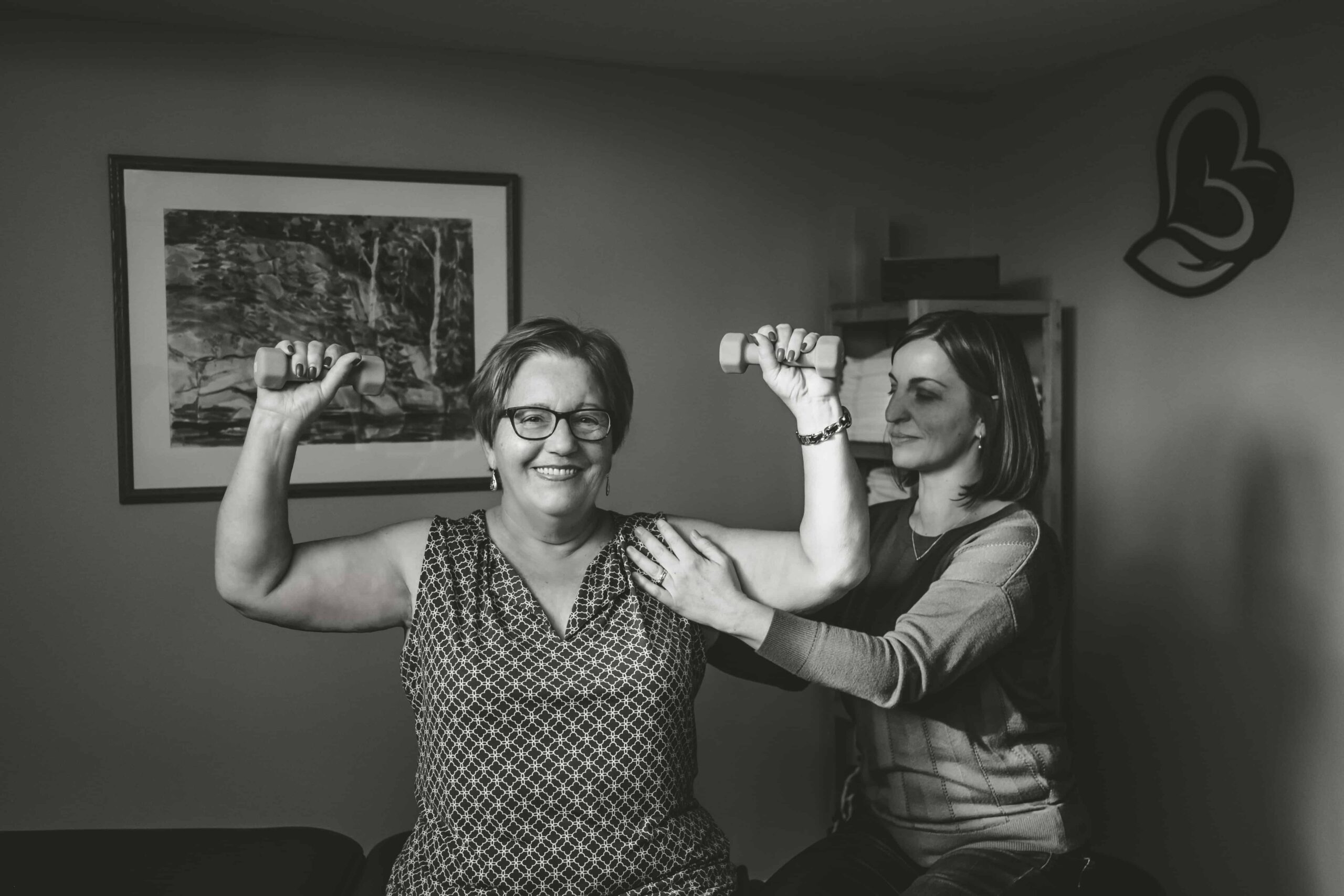
Lymphedema After Cancer Part 3: Reducing your Lymphedema Risk
This 4-part blog series on lymphedema is designed to provide you with accurate knowledge about the lymphatic system and lymphedema. By the end of this series, you will be one step closer to knowing how to reduce your risk of developing lymphedema and how to detect it early.

Proactive Cancer Recovery
Many of us go to the dentist every 6-9 months for a “checkup” and cleaning.
Many of us see our family physician every year for a “checkup”.
Heck, many of us bring our car to the mechanic for an oil change or bring our bikes in for a “tune-up”.
So why aren’t we doing the same with Cancer Care?
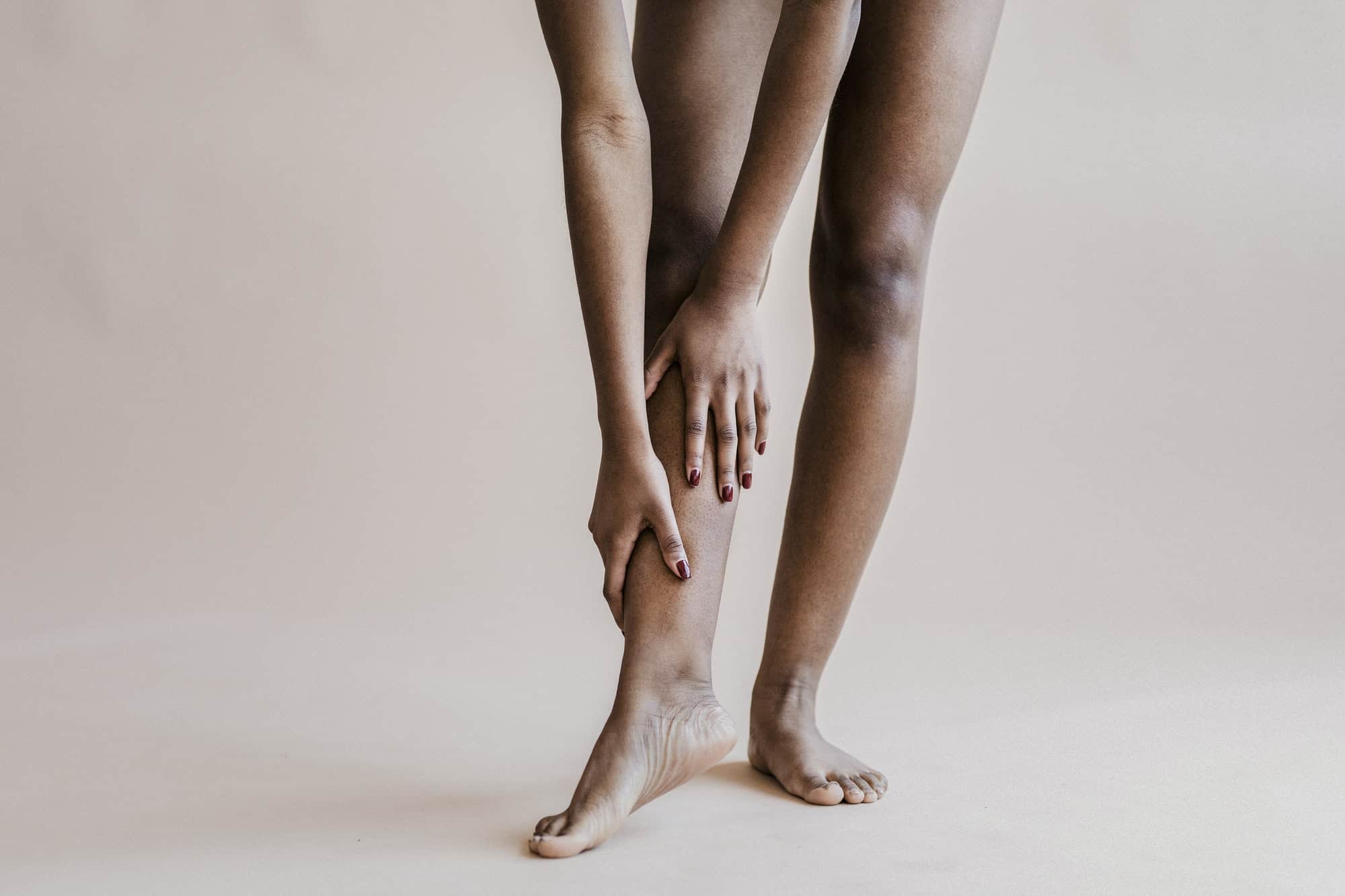
Lymphedema After Cancer Part 2: Let’s Talk About Lymphedema
This 4-part blog series on lymphedema is designed to provide you with accurate knowledge about the lymphatic system and lymphedema. By the end of this series, you will be one step closer to knowing how to reduce your risk of developing lymphedema and how to detect it early.
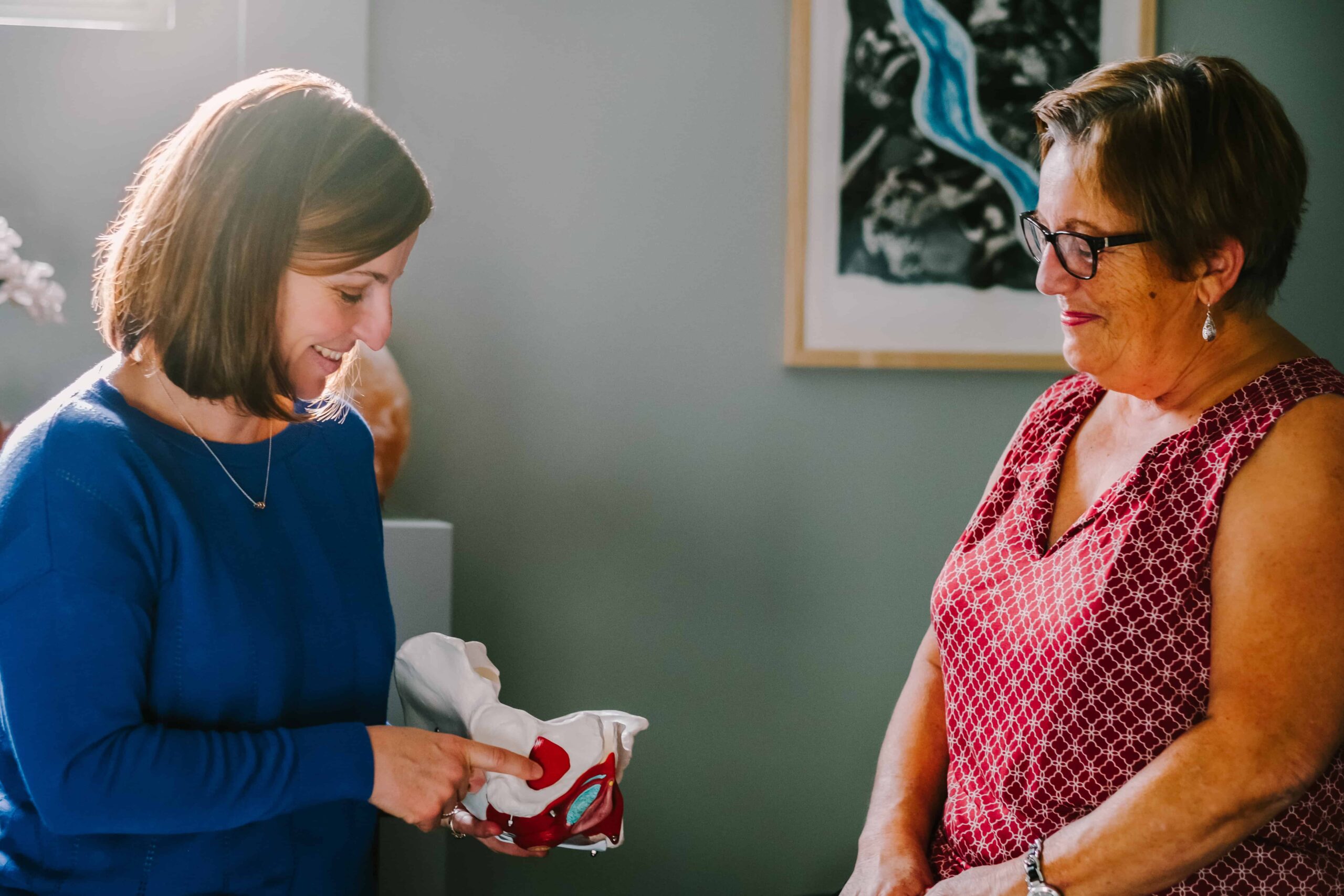
Pelvic Pain After Cancer: The Silent Problem
May is “Pelvic Pain Awareness Month”, so this article is dedicated to anyone diagnosed with cancer – past or present – who has experienced or is currently experiencing pelvic pain.
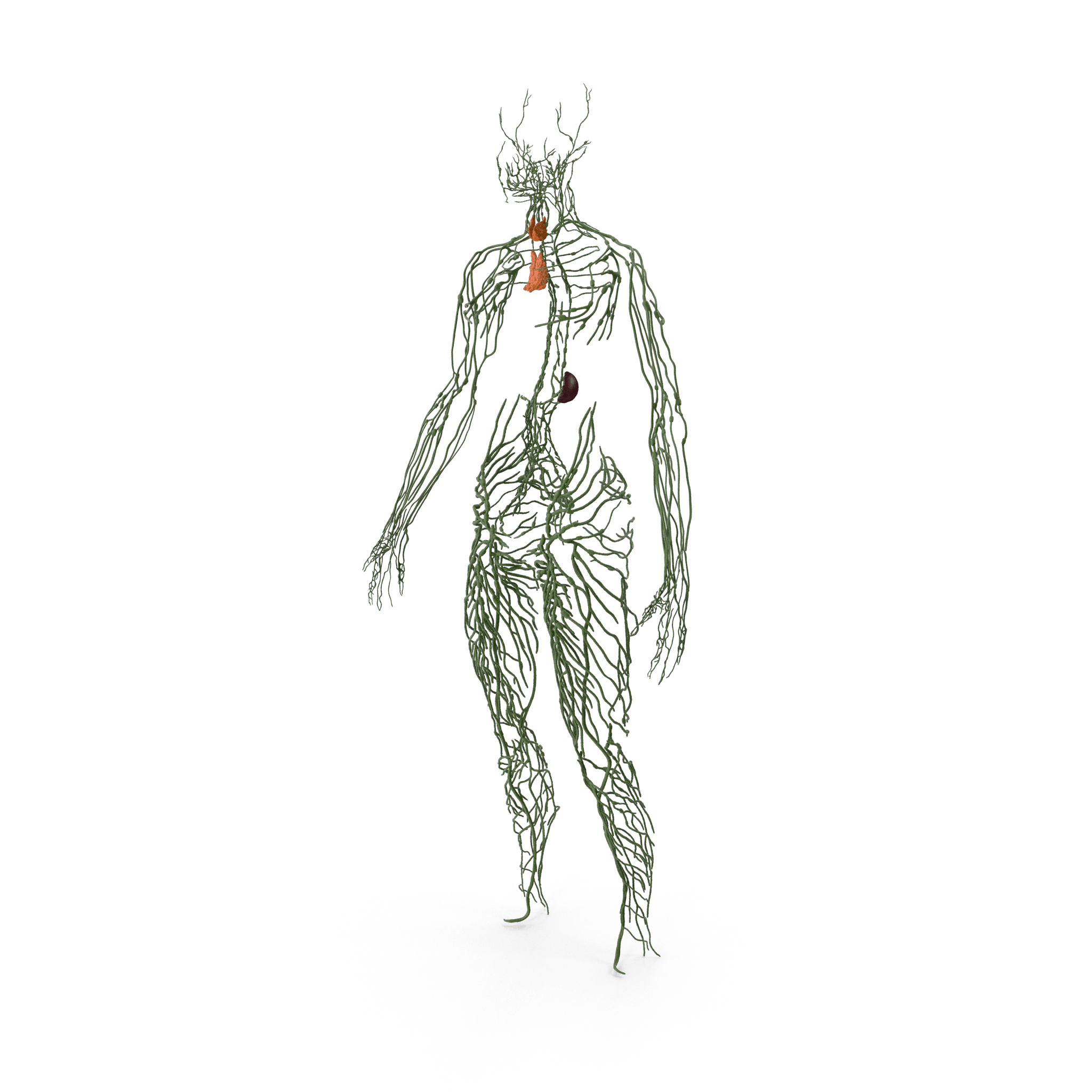
Lymphedema After Cancer Part 1: The Healthy Lymphatic System
“How do I prevent lymphedema?” In my nearly 13 years of working in cancer rehabilitation, this continues to be one of the most common questions I get from my clients.
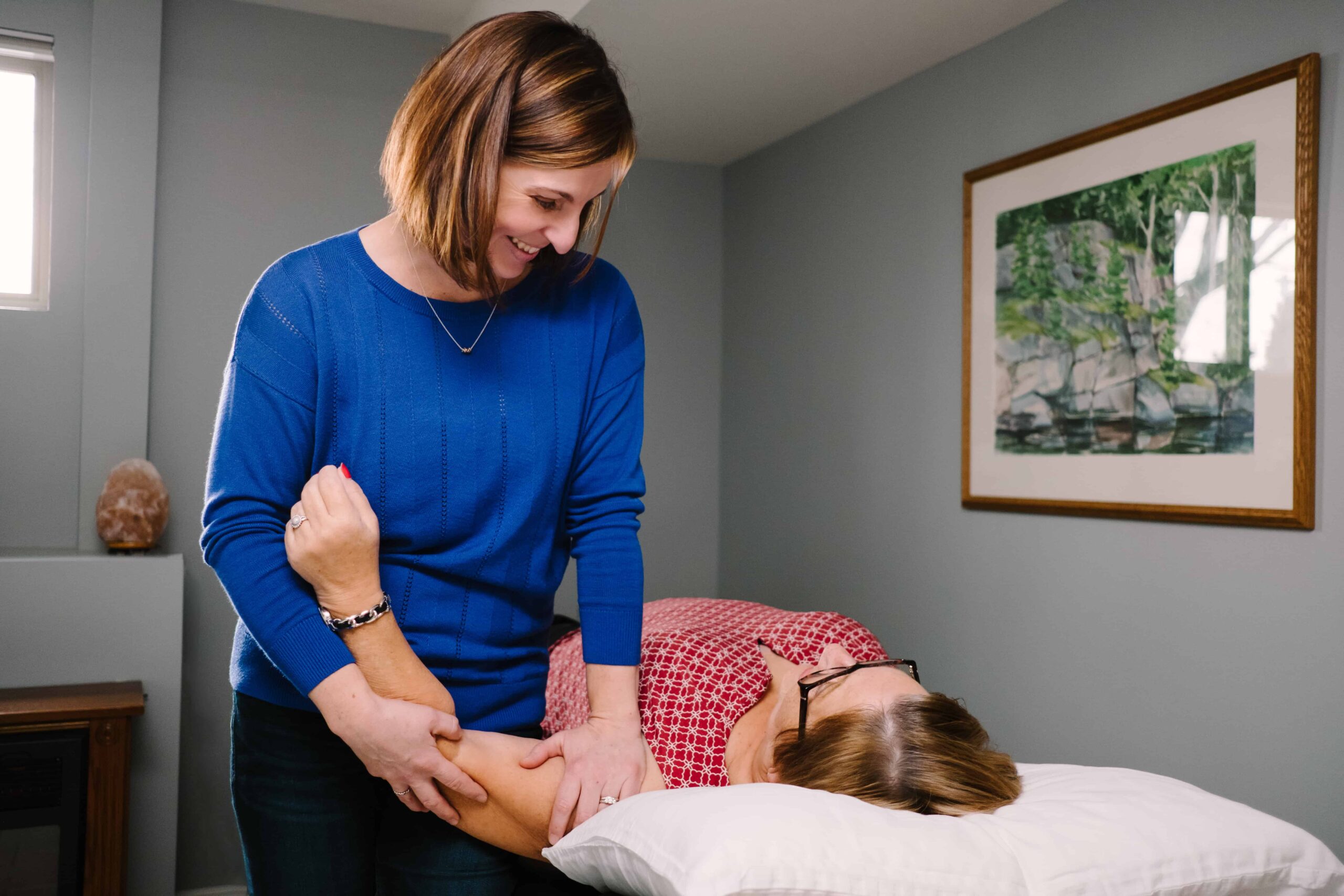
Let me introduce myself…I’m Beth Hoag, Cancer Rehab Physiotherapist
When I began physiotherapy school back in 2003 I knew very early on that, one day, I wanted to use my skills to help men and women affected by cancer.

#2020 BELIEVE
I’ve never been one for New Year’s resolutions, but I read an idea around the new year that spoke to me. The suggestion was to set a one-word intention for 2020 with the idea that it was to help guide your decisions for the year. I can’t tell you how I eventually came to my word, but that word was “believe”.
